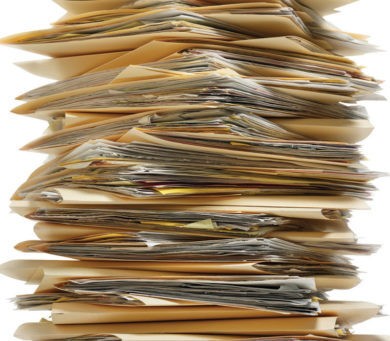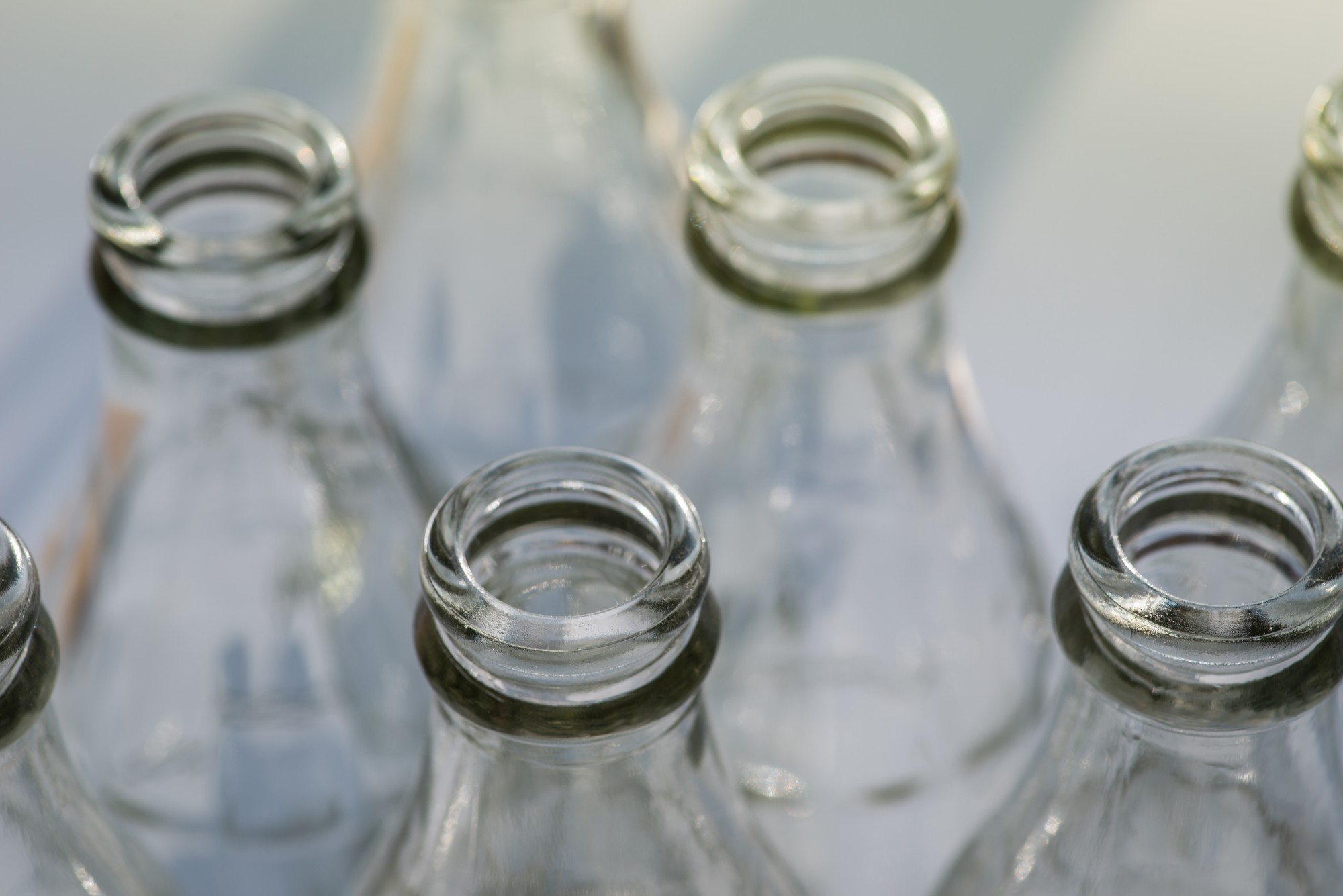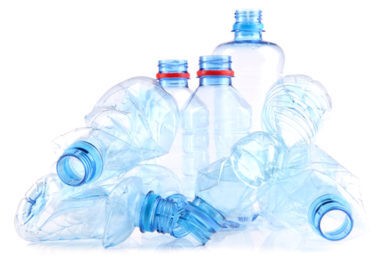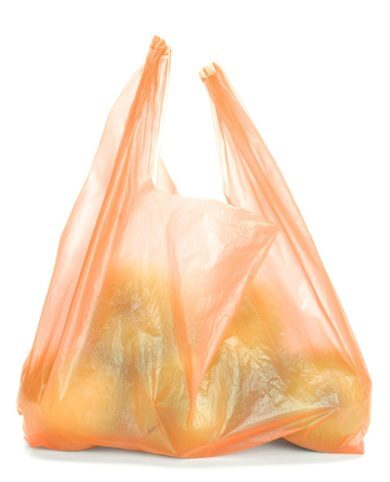There are many recycling myths floating around, some are true, some are outdated, and some even hinder the process of recycling. Let’s take a look at 10 of the most common recycling myths:
1. Recycling is expensive; it’s cheaper just to landfill.
False!, well, in most cases. Recycling and landfilling cost different amounts in different locations but more often than not, recycling costs less per ton, wastes less energy, and of course contributes less waste.
2. There is so much space. Recycling isn’t important.
Though at some point we will run out of landfill space with an alarming 134 million tons of municipal solid waste being sent to landfills in 2014 and numbers continuing to grow. Landfills will eventually need to move closer and closer to our living spaces. A bigger reason for recycling is that much of what we throw away is non-renewable. For example, there is a finite amount of metals in the world, so much so that some have started to mine for metal through landfills.
3. If I throw away recyclables they will still be recovered.
The majority of what you throw away will end up in the landfill. In an EPA report from 2012 it was reported that over 50% of all waste still made its way to the landfill. The best way to minimize your contribution to landfills is to sort your trash.
4. Only white paper can be recycled.
False, most paper goods can be recycled! Years ago magazines and glossy paper could not be recycled but with innovations in recycling technology all glossy paper can be recycled along with cardboard, juice boxes, and most other forms of paper.
5. It’s ok to throw away biodegradables
Unfortunately, when biodegradables are thrown away and sent to the landfill they are not placed in the correct conditions to biodegrade, essentially defeating the purpose. Biodegradable objects should be sent to a compost to fulfill their destined purpose.
6. Recycling was devised to reduce waste.
Many people think that recycling is a newer idea that appeared around the late 1900’s when in fact recycling can be traced back to the early days of American history. In fact, newer than recycling is the idea of throwing things away after one use. Before the modern idea of throwing things away and buying new, it was hard to come by materials so they were constantly reused.
7. Bottle caps need to be removed or they will ruin the plastics.
Though it is more helpful to have the two separated due to the fact that they are two different types of plastic with different melting points, if not removed before recycling they will most likely be removed in the process.
8. Plastics and glass need to be washed meticulously before recycling.
Though helpful for plastics and bottles to be rinsed out before recycling, if the materials are not spotless it will not be detrimental to the process. In fact, in some areas, you are not required to rinse at all. As always it is important to research the rules and regulations in your area.
9. Bottles cannot be recycled with plastic wrappers.
Most recycling facilities do not ask that you remove labels from your glasses and bottles- as the materials are melted down the wrappers usually burn off. You can, however, remove them if you would like to contribute that time to salvage the excess paper or plastic for recycling.
10. Plastic bags must be recycled separately.
Overall separating plastic bags from recycling is ideal. Though General Kinematics has innovated recycling equipment such as the FINGER-SCREEN™ 2.0 Vibratory Screen to relieve the blockages traditionally caused by plastic bags, there is still other downstream equipment that’s susceptible to these issues. It is best to drop off your plastic bags at bag drop-offs often located at your local grocery store so that they may be recycled properly.
If you are curious how General Kinematics can help to improve separation and increase your processing power, give us a call today!















